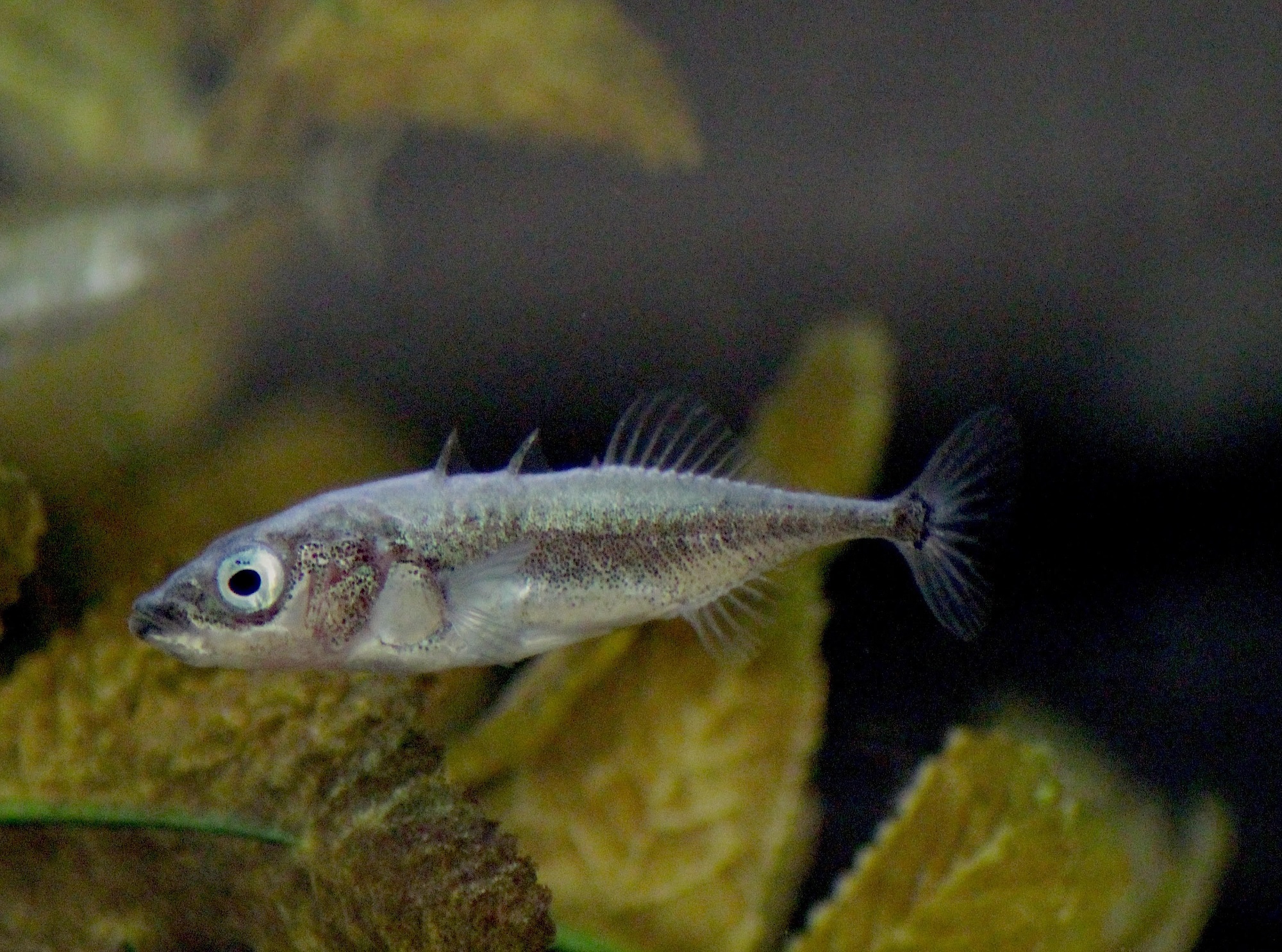Fish pool their experience to solve problems collectively, according to new research from scientists at the University of St Andrews.
In nature, animals within a large group with separate but complementary information about their environment work together.
Some may know where to find food but not how to access it, while others might know how to get at it but not where it is hidden.
The findings by scientist at the School of Biology have been published on the Nature Ecology and Evolution website.
They say they could have implications for businesses.
Dr Mike Webster said: “To tackle this question we presented shoals of stickleback fish with a two-part problem in which they had to first find and then access some hidden food.”
He said shoals with fish trained in each of the stages accessed the food more rapidly compared with other shoal compositions which only contained fish trained to one or to neither of two parts of the problem.
Researchers have long noted that larger groups tend to outperform smaller groups and lone individuals when completing certain tasks.
This kind of research can be applied to wildlife management and conservation, since knowledge of how groups process information can allow us to understand how animals use their environment and how they navigate and migrate.
Professor Kevin Laland said there may also be lessons to be learned for human behaviour.
“Businesses and institutions already make good use of teams with diverse skills sets and the natural world might provide further inspiration for how these groups might be put together and organised,” he said.





